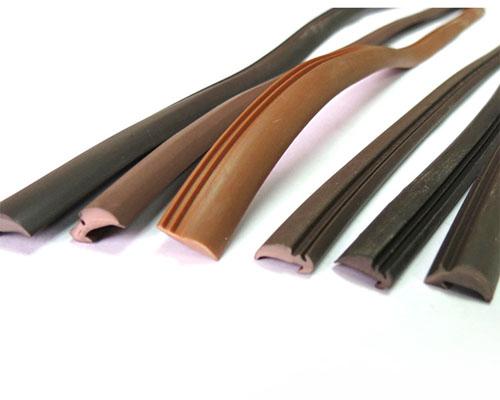When managing cables in industrial or residential settings, one common challenge is choosing the right solution for cable protection. Two popular options are wire covers and wire ducts, each offering distinct advantages. But which one is the best fit for your needs? Let¨s explore the differences between wire covers and wire ducts to help you make an informed decision.The above conclusions show that PVC profile To a great extent, it can bring new vitality to the market and make the industry develop well. https://www.jiepeng-plastic.com/
What is a Wire Cover?
A wire cover is a protective layer, usually made of flexible plastic or rubber, designed to encase and shield cables from damage. They are commonly used in residential and commercial environments to prevent trip hazards, protect wires from dust, moisture, and other external factors, and provide an organized appearance.
Key Benefits of Wire Covers:
Easy to Install: Wire covers are typically straightforward to install, often featuring adhesive backing or simple snap-on designs.
Flexible and Versatile: They can be cut to length and adjusted to fit various spaces, making them perfect for home offices or areas with limited cable runs.
Cost-Effective: Wire covers tend to be more affordable than other cable protection solutions.
Aesthetic Appeal: Wire covers come in various colors and styles, allowing them to blend seamlessly into a room¨s d└cor.
What is a Wire Duct?
A wire duct, on the other hand, is a more rigid and structured system made of materials like PVC or metal. Wire ducts are designed to route, organize, and protect large bundles of cables, especially in industrial and commercial settings. Unlike flexible wire covers, wire ducts are typically mounted on walls, ceilings, or equipment, and feature slotted designs to facilitate easy cable entry and exit.
Key Benefits of Wire Ducts:
High Capacity: Wire ducts are ideal for managing large volumes of cables, making them suitable for data centers, factories, or complex electrical systems.
Durable: Made from sturdy materials like PVC, wire ducts offer superior protection against wear, abrasion, and environmental factors.
Neat Cable Management: The structured design helps keep cables organized and easily accessible for maintenance or future upgrades.
Secure Mounting: Wire ducts can be securely mounted to various surfaces, ensuring cables stay in place, even in high-traffic or industrial areas.
Comparing Wire Covers and Wire Ducts
Feature Wire Cover Wire Duct
Material Flexible plastic or rubber Rigid PVC, metal
Installation Easy, adhesive or snap-on More complex, requires mounting
Capacity Best for a small number of cables Can handle large bundles of cables
Durability Suitable for light-duty protection Highly durable, suitable for industrial use
Flexibility Highly flexible, adjustable length Rigid, designed for long-term installations
Cost Generally more affordable Higher cost due to material and installation
Which One Should You Choose?
The decision between a wire cover and a wire duct depends largely on your specific cable management needs:
If you need a simple, cost-effective solution for protecting a few cables in a home or office environment, a wire cover is likely your best option. It¨s easy to install, visually appealing, and can help prevent everyday hazards like tripping.
If you¨re managing a large number of cables in an industrial setting, a wire duct is the more suitable choice. Its durability, high capacity, and ability to securely organize cables make it ideal for complex and long-term installations.